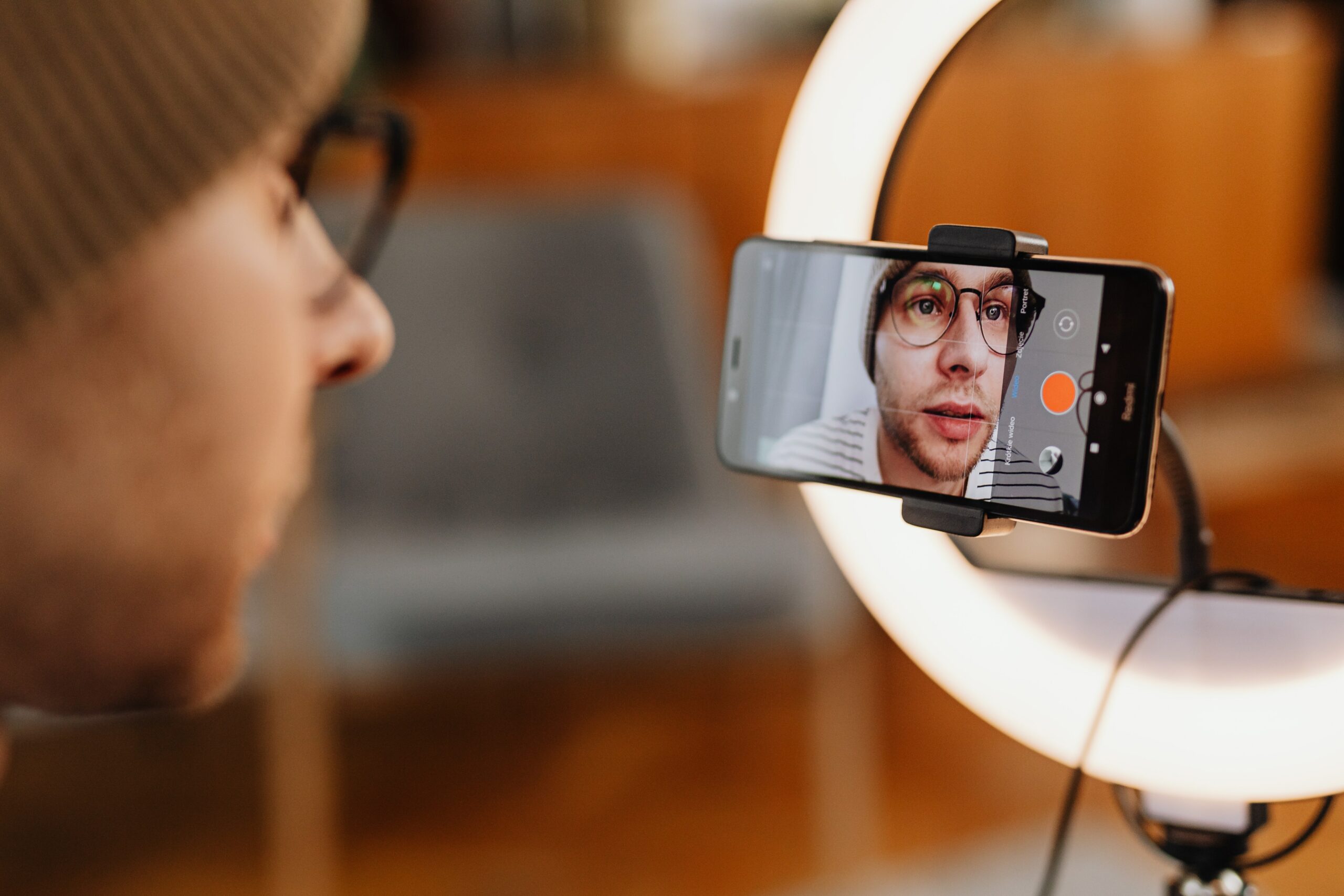Anyone who’s ever studied with Annie knows that there are three ways an actor can tell the story: The stated, the unstated, and the physical life. And, as anyone who’s ever watched an actor preparing to go into an audition room can tell you, they’re usually putting all of their focus on the stated. On their lines.
I understand. I’ve been guilty of it, too. We run our lines again and again, making sure we’re word perfect before we go in. Because God forbid we screw up in an audition, right?
We’ve all had that moment. Things are going great, I’m really “feeling it,” and then a casting director checks their phone. Or clears their throat. And suddenly I’m like… where was I?
Or, for no reason whatsoever, I stumble over a single word in an otherwise perfect audition. Then I spend the rest of the scene in my head, knowing I screwed up, and the whole drive home I’m angrily screaming out the correct line over and over again. I blew it!
Well, maybe. But probably not because of screwing up one line of dialogue.
Remember, the stated experience is only one third of the story. And, personally, I consider it the least important part.
Don’t get me wrong, the lines are important. But everyone coming in has those same lines. And, as we learned from that classic Seinfeld episode, there are only so many ways to say “these pretzels are making me thirsty.”
That’s the worst thing about casting. If I have people come in to read for a role, chances are that ninety percent of them put most of their focus on the stated. I get it. They all want to make sure they don’t screw up their words. But what that means is that everyone who comes in gives more or less the same performance. They’re all good actors, but I’m bored, because I’ve heard these lines too many times.
Trust me, after a full day of casting, the people on the other side of that table have heard the scene so much that they’re more off-book than the actors! And they’re bored. After all, who cares if it’s “these pretzels are making me thirsty,” or “these pretzels are making me thirsty?” By now they’ve heard them both. Plus dozens of other slightly different variations, and they’re getting sleepy.
So, what wakes them up? What makes an actor stand out? THE UNSTATED.
Remember, film and TV is a visual medium. Imagine a scene where a guy at a bar is hitting on a girl. They banter back and forth, but we can’t tell whether or not she likes him. Then, at the end of a particularly effective monologue, she smiles and gives him her number.
Who do you think the camera is going to be on during that monologue? The guy? Whose point of view is already crystal clear to us? Or the girl who needs to be convinced? Obviously, her reaction is what matters during his monologue. Her unstated experiences during his flirting are the most interesting parts of this scene, because we don’t know what she’s thinking yet.
Now, imagine we’re auditioning for the role of the girl. Most of the actors that come in focus on their stated. They do a great job with the back and forth banter, and clearly understand the rhythm of the scene. But then we get to the monologue, and they all kind of go lifeless. We wait, and then they come alive again at the end as they give him their number.
Let’s say the guy’s first line of the monologue is a cheesy pickup line. And suddenly, an actor comes in with the unstated reaction “nice try, loser.” We perk right up. Then another actor comes in and reacts with “you’re adorable,” and a third ignores his stated altogether and checks him out: “nice ass.”
Those would be three very different auditions by three actors who made specific, clear choices! And none of them would be the same, boring version of the scene we’ve seen a thousand times because all of them focused on something other than the same old lines we’ve been hearing.
(And, by the way, if one of them screwed up a word or two of their stated, we wouldn’t care in the slightest, because they were so interesting and alive the rest of the time!)
The unstated experiences are where you stand out. It’s where we see the wheels turning, the light in your eyes as you react to the things you hear or see in a scene. And it’s the thing that actors hardly ever spend enough time on in the prep.
For my money, every actor preparing for an audition should consider highlighting everyone else’s lines instead of their own. Try it. Go through a scene and write down how you feel, what you think after everything that’s said to you. State your unstated. Create those little moments that bring you to life when you’re not talking. Because this isn’t a voiceover audition. We need to see a living, breathing person with a strong point of view the entire time you’re on camera, not just when it’s your turn to speak.
So the next time you get an audition, spend however much time you need to feel comfortable with your stated. But you’d better be spending at least that much time on everyone else’s lines. Because if you don’t understand what you’re thinking and how you’re reacting when you’re NOT speaking, you’ve only done half the work. And whether or not you screwed up a word will likely be the least of your troubles.




